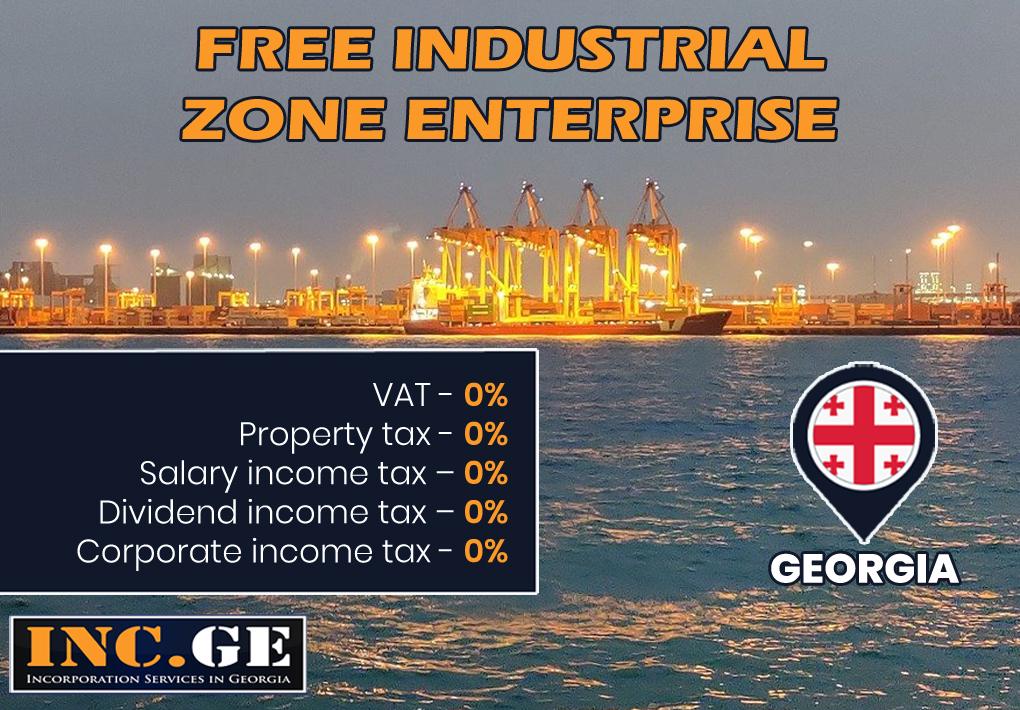0179, Tbilisi, Georgia
Monday to Saturday

1. Introduction In order to attract foreign investment and boost economy chapter XII of the Tax Code of Georgia offers a special taxation regime for small business entrepreneurs, which imposes significant tax benefits. In general, according to Georgian lax legislation the income of a natural person is taxed[...]
Read More
1. Introduction Georgian Government has ruled new COVID-19 restrictions coming into force on November 28, 2020 and apply until January 31, 2021. The movement of persons throughout the country from 21:00 to 05:00 is prohibited, both on foot and by transport, as well as being in public space.[...]
Read More
1. Introduction The new state program "Mechanism for Promoting Foreign Investment Projects" (FDI grant in Georgia) was approved by the government on November 19, 2020. The program will be implemented by the agency Enterprise Georgia, who had been working on developing the program for past several months. The[...]
Read More
1. Introduction In order to further improve the business environment in the country, to strengthen Georgia's potential as a regional hub, and to increase the interest of multinational international companies, the Government of Georgia allows companies to obtain International Company status and benefit from tax breaks. The benefit[...]
Read More
1. Introduction As part of the strategy to gradually open the country and to boost the tourism industry the Georgian Government has decided to allow foreign citizens to enter Georgia under a special regime. A new platform " Remotely from Georgia" has been launched for foreign citizens wishing[...]
Read More
1. Visa Requirements Foreigners who seek to enter Georgia generally must first obtain a Georgian visa, which is placed in the traveler’s passport (a visa blank) or is issued electronically (electronic visa). Certain international travelers may be eligible to travel to Georgia without a visa if they meet[...]
Read More
1. Introduction One of Georgia's goals is to become an information technology center in the region, and since 2011 the country has been attracting international investment and stimulating the IT business. Even from January 1, 2011 law on information technology zones came into force, changes were made to[...]
Read More
1. Introduction One of the most privileged and popular status among other statuses provided by Georgian tax legislation is the Free Industrial Zone Company (hereinafter “FIZ Company” or ”FIZ Enterprise”). Entities with this status are exempt from almost any taxes and enjoy favorable customs framework. That’s why the temptation[...]
Read MoreRecent Posts
Recent Comments
Archives
Categories
Categories
Recent Posts
- Georgia announcing digital GEL currency project 04th May 2021
- Georgia Issues $500 Million Eurobonds on the London Stock Exchange 17th Apr 2021
- Visiting Georgia During COVID19 (Last Updated 23.03.2020) 23th Mar 2021
